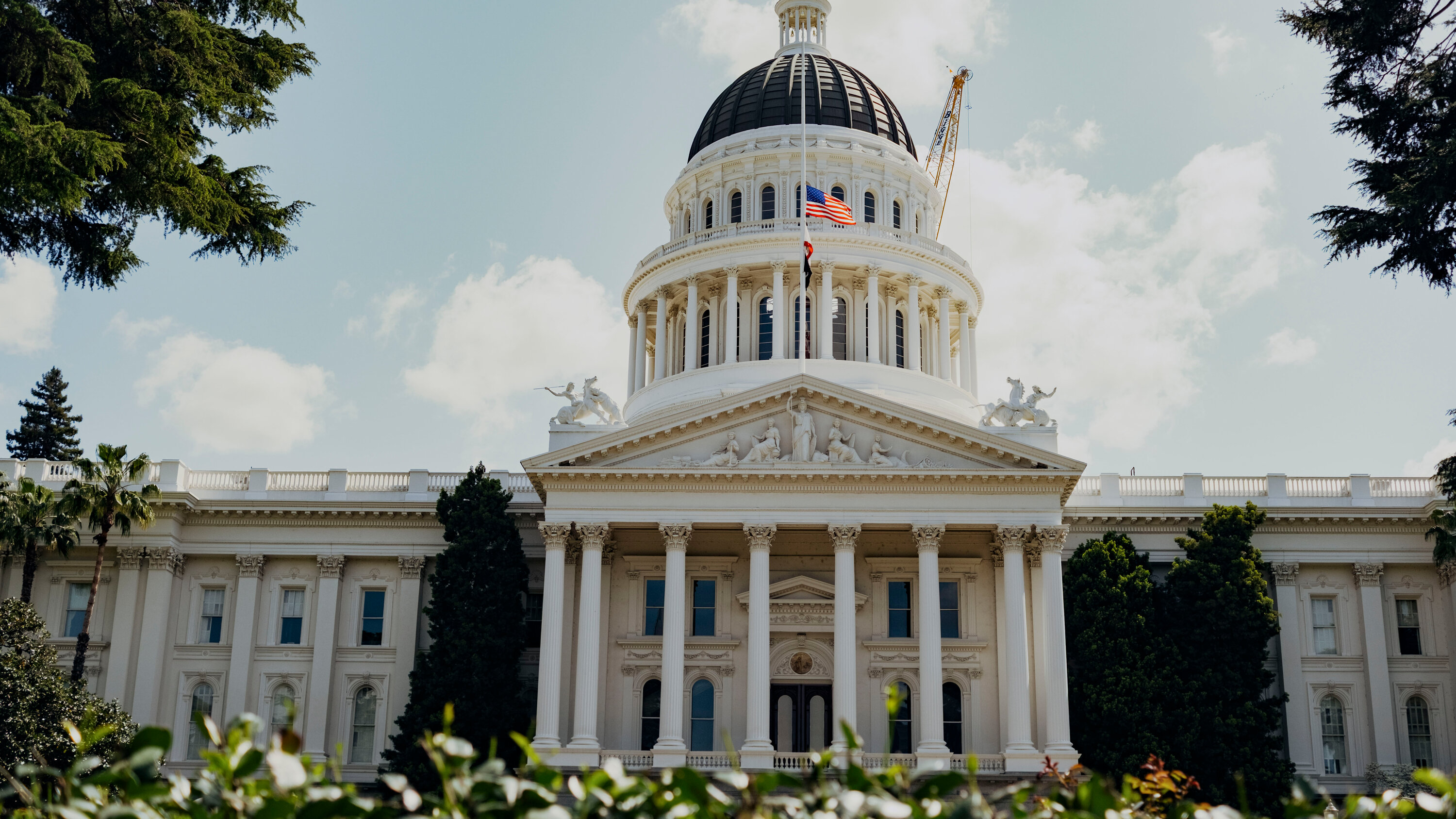Transgender Athletes Debate Heats Up: Newsom's Shadow Looms Large in Congressional Hearing
Sports
2025-04-02 00:22:23Content

In a bold legislative showdown, California Democrats decisively blocked two Republican-sponsored bills aimed at preventing transgender athletes from competing in women's sports. The proposed legislation sparked intense debate, with Republicans employing an unusual strategy by attempting to leverage statements previously made by the state's Democratic governor to challenge the party's stance.
The bills, which sought to restrict transgender athletes' participation in female sports, were swiftly rejected by Democratic lawmakers who argued for inclusivity and equal athletic opportunities. This latest legislative battle highlights the ongoing national conversation about gender, sports, and athletic participation.
By shutting down these proposed restrictions, California Democrats reaffirmed their commitment to protecting the rights of transgender athletes and maintaining a more inclusive approach to competitive sports. The vote underscores the state's progressive stance on gender identity and athletic participation, setting a potential precedent for other states grappling with similar legislative challenges.
Political Showdown: The Battle Over Transgender Athletes in California's Legislative Arena
In the complex landscape of California's political battleground, a provocative debate has emerged that challenges the intersection of sports, identity, and legislative power. The state's legislative chambers have become a crucible for intense discussions surrounding transgender athletes' participation in female sports, revealing deep-seated ideological divisions that extend far beyond simple policy-making.Breaking Barriers: When Political Strategy Meets Identity Politics
The Republican Strategic Maneuver
Republican legislators in California executed a bold and unconventional political strategy, attempting to leverage Governor Gavin Newsom's own rhetoric against Democratic lawmakers. Their proposed bills aimed to restrict transgender athletes' participation in female sports, presenting a direct challenge to the progressive stance typically associated with California's political landscape. The proposed legislation represented more than a mere policy proposal; it was a calculated political chess move designed to expose potential inconsistencies within the Democratic party's stance on gender and athletic participation. By framing the debate through the lens of fairness and competitive integrity, Republicans sought to create a nuanced dialogue that would resonate beyond traditional partisan lines.Democratic Resistance and Legislative Dynamics
California's Democratic majority demonstrated remarkable unity and resolve in swiftly rejecting the Republican-sponsored bills. Their response was not merely a procedural rejection but a robust affirmation of their commitment to inclusive athletic participation and transgender rights. The legislative encounter highlighted the complex negotiations that occur within state political systems, where ideological differences are negotiated through formal parliamentary procedures. Each side presented arguments rooted in principles of fairness, athletic competition, and individual identity, creating a multifaceted discourse that transcends simplistic binary perspectives.Broader Implications for Sports and Gender Policy
The California legislative battle serves as a microcosm of a larger national conversation about transgender athletes' rights and participation in competitive sports. This debate touches upon fundamental questions of biological advantage, gender identity, and the evolving understanding of athletic competition in a progressively inclusive society. Experts and advocates from various fields continue to engage in nuanced discussions about the complex intersections of gender, biology, and athletic performance. The proposed bills and subsequent debates reflect a broader societal negotiation of identity, fairness, and inclusion that extends far beyond the immediate legislative context.Legal and Social Ramifications
The legislative confrontation in California carries significant implications for future policy-making and social discourse. By rejecting the proposed restrictions, Democratic lawmakers signaled a commitment to protecting transgender athletes' rights and challenging restrictive interpretations of athletic participation. Legal scholars and civil rights advocates are closely monitoring such legislative developments, recognizing them as critical moments in the ongoing evolution of gender-related policies. The California case represents a potential precedent that could influence similar debates in other states, highlighting the dynamic nature of social and legal frameworks surrounding gender and sports.Media and Public Perception
The legislative drama surrounding transgender athletes' participation has captured significant media attention, generating widespread public discourse. News outlets, social media platforms, and public forums have become arenas for exploring the multifaceted dimensions of this complex issue. Public opinion remains diverse and nuanced, reflecting the intricate social dynamics at play. The California legislative encounter has prompted broader conversations about inclusivity, fairness, and the evolving understanding of gender in competitive sports.RELATED NEWS
Sports

Sharks' Broadcast Lineup Shakes Up: NBC Sports California Reveals Fresh 2024-25 Game Plan
2025-03-18 18:50:19
Sports

Bills Lock Up Future: Tremaine Bernard Secures Massive Contract Extension
2025-03-07 14:18:29






